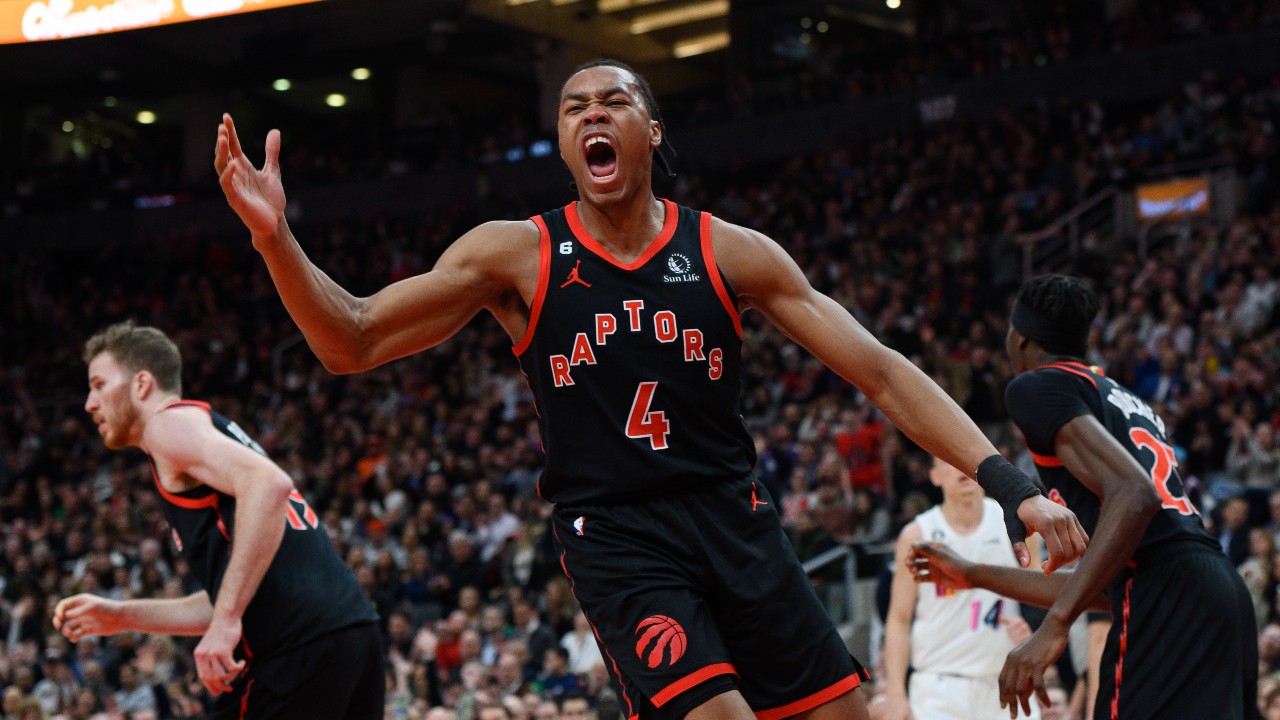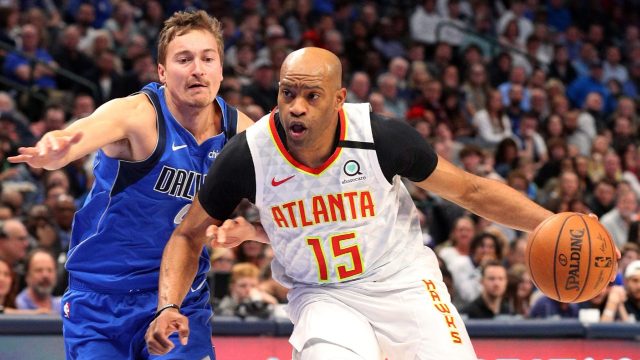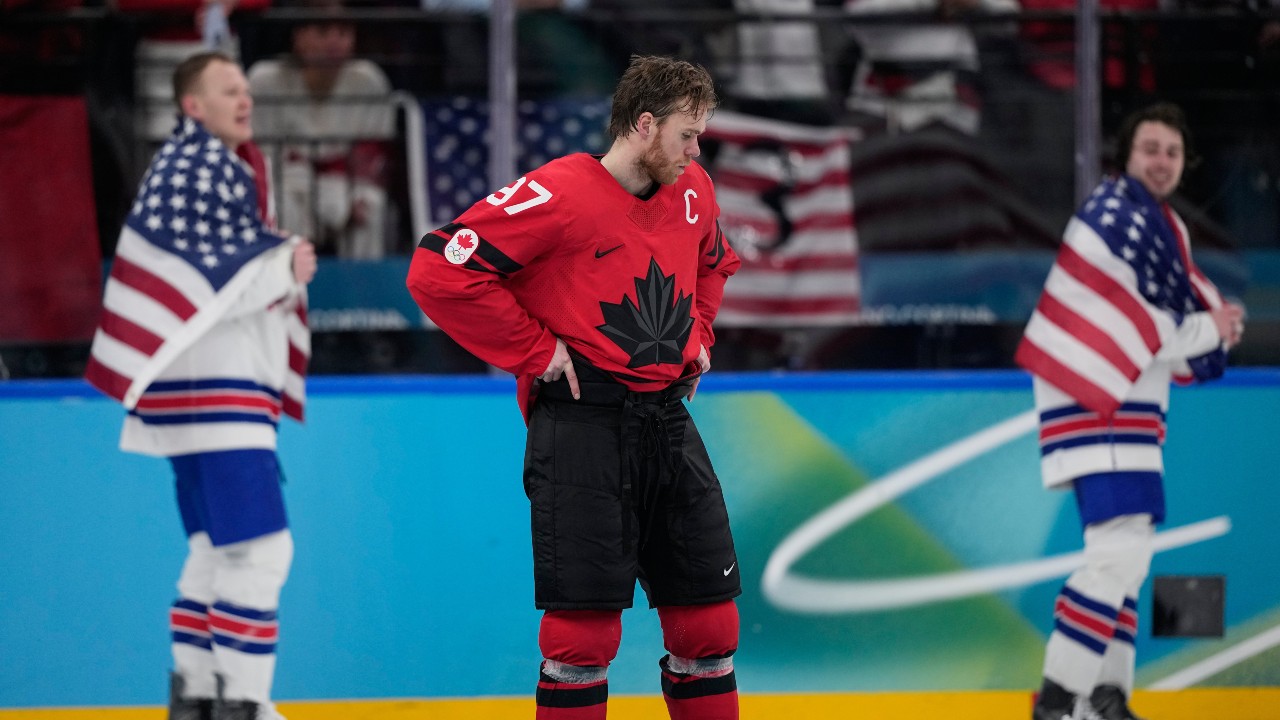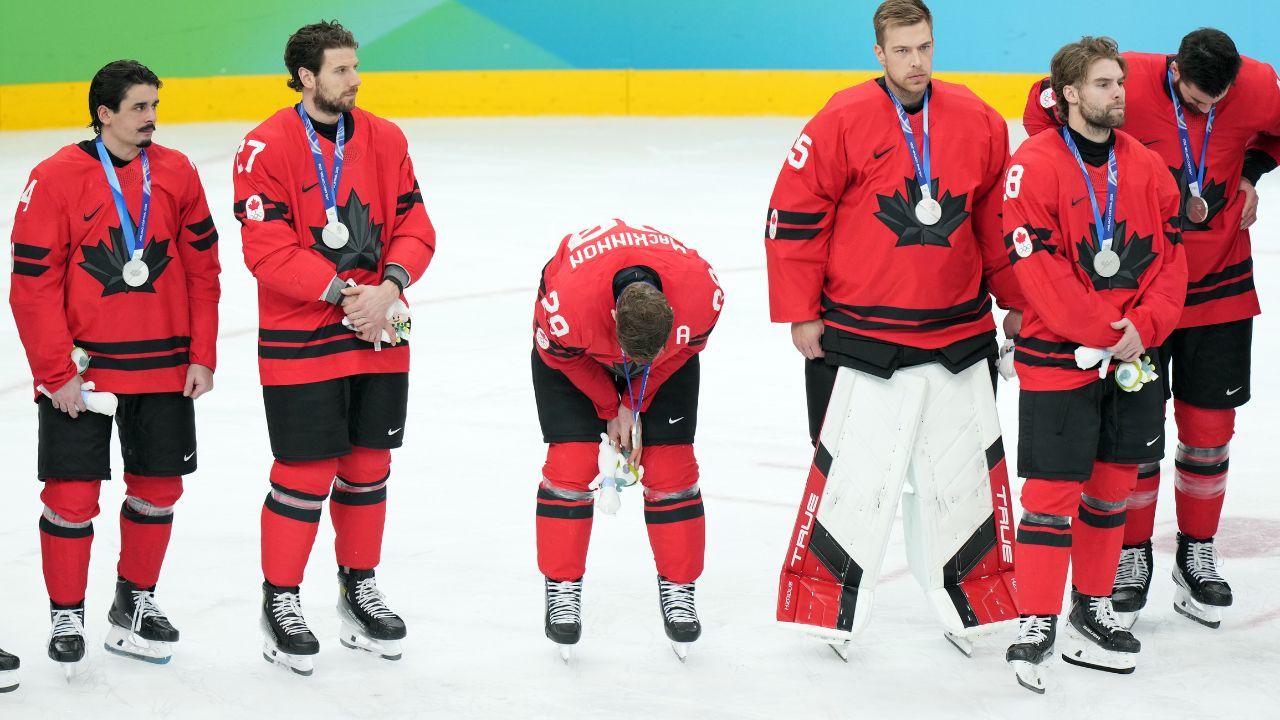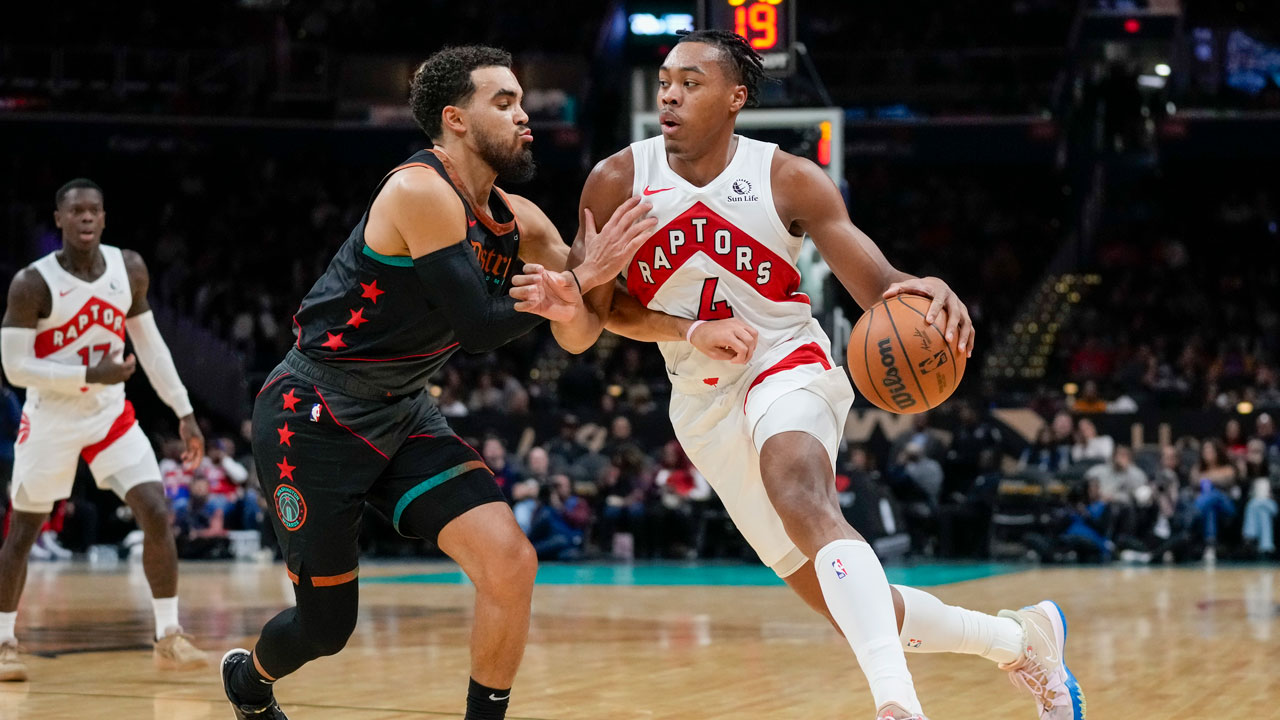
You can occasionally reach a point where change for the sake of change is justifiable.
Change can be used to signal that what has happened so far is not acceptable. It can be utilized to get a fresh perspective on a problem. It can shake something loose that wasn’t the intention. When a situation reaches a dire enough point, change can be a catalyst, even if you don’t wholeheartedly believe the specific change itself will fix the problem.
The Toronto Raptors changing their starting lineup on Wednesday in a 132-102 victory against the Washington Wizards wasn’t exactly that.
There were basketball reasons to make the change, which saw Gary Trent Jr. join the starting group and Dennis Schroder move to the bench. An offence oriented around rising (risen, really) star Scottie Barnes and another interior playmaker in Pascal Siakam always needed more spacing than Schroder and Jakob Poeltl, together, exponentially limited. Schroder is also a helpful fix for some of the issues plaguing the bench rotations, and while him helping those groups was achievable with plain rotation changes, the starting unit swap makes those patterns more seamless.
So it wasn’t change for the sake of change. Not entirely. It was change because the prior starting five had spent 25 games together this year, more than any Raptors starting five since they were playing Serge Ibaka and Jonas Valanciunas alongside each other before eventually sending out Valanciunas in the Marc Gasol trade. It was change because that same group had played the second-most minutes together (364) in the entire NBA this year, and they were the only lineup with 175 minutes or more to be outscored on the season. It was change because the bench needed help and a way to shake up the starts to games might scratch both itches.
Even if none of that were as obvious, or you simply didn’t feel that Wednesday’s changes will mean much in the long-term, it was necessary. The Raptors had hit a low that could only be out-bottomed by losing to the record-setting Detroit Pistons on Saturday. The energy to start halves was poor. The demeanours after tough losses – the latest a 17-point blown lead on home court to a shaky Utah Jazz team — was dejected. How do you ask a team to keep pounding that rock if things appear to be going in the wrong direction, and stasis really only suggests a lack of faith in the other options available?
Those are the concerns that head coach Darko Rajakovic was playing with, privately and publicly, before making this change. He has a close and long-standing relationship with Schroder, who has made this change before but surely wasn’t thrilled to be the change decided upon.
To break the fourth wall a bit, we as media had pressed Rajakovic pretty hard in recent weeks on the lack of change to the rotation, whether it be the starting group or the bench patterns. While I disagree with the reductiveness used, the answer in private convos was similar to what Rajakovic said after the Jazz loss: Steph Curry – hell, Dell Curry – ain’t walking through that door.
But a change was necessary. The Raptors opted to make the most logical one, one that I’d assumed would be in the mix to start the season out of the gate. Instead, that fivesome had played an inexplicable eight minutes together this year (and 63 last year), and the team had played with the same first unit since the opening day of camp.
That, more than anything, was my frustration with the situation: In a season that was trying to toe the line between winning now and developing for the long-term, they were accomplishing neither and learning very little other than that Barnes is ready to help a team win right now.
Even if changing things up doesn’t amount to a much better record, it’s imperative that the rest of the season – and especially the five weeks prior to the trade deadline – be spent experimenting and mixing and matching, even if just for the sake of exploration, around the Barnes-Siakam-OG Anunoby group.
That group came into Wednesday with a plus-11.1 net rating when playing with one or zero of Schroder and Poeltl, a number that is as encouraging as the total of 118 minutes was discouraging. In theory, the forward trio with at least one shooter and either a second shooter or a big who can operate well in space or as a pick-and-roll partner should be effective, almost regardless of the specific pieces. In more transitional units, the one starter-plus-four bench players groups shouldn’t feel like that with Schroder in the mix. Starting as they did is about giving the team’s best players a more logical environment to exist within offensively.
On Wednesday, that trio thrived with more space and new lineup iterations (and, yes, in a stretch of minutes with Schroder and Poeltl), as they each scored 20-plus points and they combined to score or assist on 91 of the team’s 119 points prior to the benches emptying. Barnes and Siakam were excellent as playmakers, combining for 19 assists as the team rolled to 43 total, the second-most in a game in franchise history.
Now, before considering things fixed, there are a few necessary caveats.
The new starting lineups was actually outscored by eight points in just under 10 minutes together, owing to some hot Wizards shooting in the first quarter and Poeltl foul trouble cutting their third-quarter stint short.
The Wizards’ starting lineup is also the second-worst, after the Raptors, among the 15 highest-usage lineups in the league. It is a game against the Wizards, full stop, and you’re not celebrating or drawing conclusions from a win against a 5-25 team. And the concerns about the lineup change were a mixed bag, with the defence without a point guard requiring some zone defence, and Barnes working more as a lead guard looking really good but with a couple of the expected bumps.
More importantly, what won the Raptors the game wasn’t simply a lineup tweak. They were much more effortful defensively, and they ran like hell in transition. Those should be givens every night, not something that has to be coaxed out of the group, and certainly not something they get a cookie for getting back to. This game was about re-establishing a baseline level of effort and execution they had not been playing to, and Rajakovic’s change to the rotation – which also included Otto Porter Jr. and Jaden McDaniels while excluding Malachi Flynn and, for the first half, Precious Achiuwa – counts as him doing his part.
If you’re a cynic after these first 30 games, or even before them, you could still be sold on a rotation tweak that better orients the team’s pieces around Barnes. He has been incredible, on Wednesday and all season. You can’t reduce a team to being about one player alone – show me the last team to win with a single great player – but given the lack of youth and long-term contracts on the roster, anyway, you may as well use the pieces you have to lean into Barnes driving winning. That it also suits Siakam’s strengths offensively is a bonus, as is giving Anunoby some extra juice in transition and with a bit of space as no longer the lone-shooter in primary lineups.
Look, it’s a post-Christmas blowout win against a bad Wizards team on the second night of a back-to-back. Nothing is fixed. Eight of their next nine are on the road, including games against the Celtics, a desperate Pistons team the very next night, what’s always a sleepy New Year’s Day meeting at home with the rival Cavaliers, and a difficult Western Conference stretch. The Raptors are going to have much tougher days, against teams that are better or more desperate or both.
A new starting lineup, a tweaked offensive environment for Barnes’s expanding mastery, and rotation patterns (and pieces) that snap more smoothly into place will give the Raptors a bit better of a chance in the games ahead. Mostly, though, it’s an important signal that the way things had been going wasn’t acceptable. To paraphrase the words of the late Owen Hart, “enough was enough, it was time for a change.”


